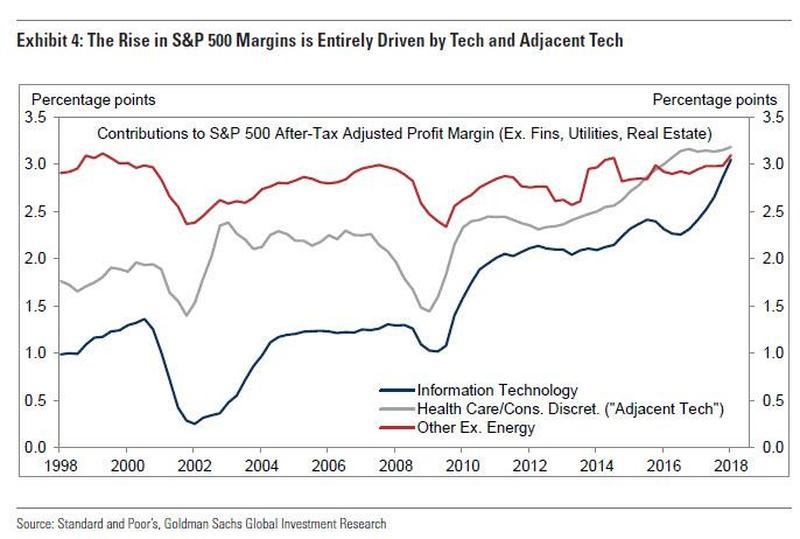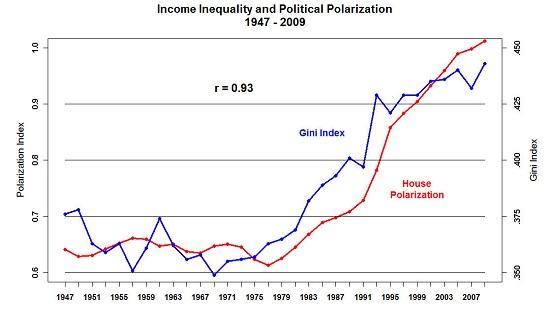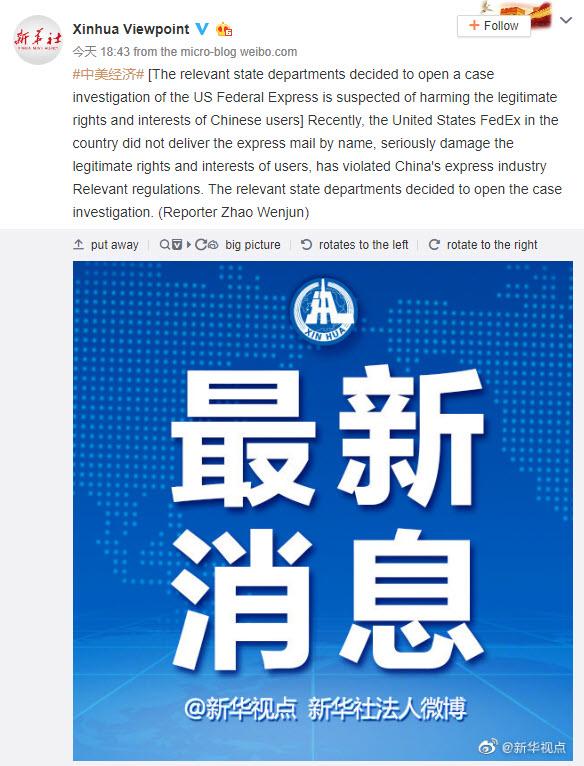
When critics of President Trump’s plan to build a wall on the Mexican border analogize it to the Berlin Wall, immigration restrictionists indignantly respond that there is a crucial difference between keeping migrants out and locking people in. The former is the supposed sovereign right of any nation, while the latter is a human rights violation only oppressive totalitarian regimes would resort to. Anyone who defends Trump’s new plan to use tariffs to force Mexico to restrict the emigration of its citizens to the United States can no longer rely on that distinction.
The whole point of the plan is precisely to force Mexico to lock in its own people. Trump economic adviser Peter Navarro, for example, emphasizes that the goal is to force Mexico to “help us” stop the “the export, one of their high exports, of illegal aliens.” At least in the short run, the only way Mexico can give us the needed “help” is by restricting the movement of its people.
Defenders of Trump’s action could argue that there is a distinction between locking people in completely and “merely” preventing them from leaving for a specific destination (such as the US). But surely we would still condemn the Berlin Wall if the East German government had said its purpose was to block its citizens from moving to the West, but they were still free to leave for other communist nations. As a practical matter, moreover, the US border is Mexico’s longest and most significant land boundary, by far, and blocking exit rights through that border is a major restriction on Mexicans’ ability to go anywhere by land.
Another possible distinction between the two cases is that East Germans were locked into a far more oppressive regime than Mexicans would be. But Mexico’s corrupt and often deeply unjust government is far from wonderful, and being confined there would force many potential migrants to endure what may well be a lifetime of poverty and exposure to violence. Moreover, the right to exit is not limited only to citizens of the most oppressive regimes. If Canada or the United States were to block their citizens from leaving, that would surely be a gross violation of human rights, even though Canada and the US are substantially freer and wealthier societies than Mexico.
Some of the people Trump wants to force Mexico to lock in are not Mexican citizens, but Central American refugees. But, if anything, Mexico has even less right to prevent other nations’ citizens from leaving than its own.
Blocking the right to emigrate is a violation of international law. Article 13 of the Universal Declaration of Human Rights (to which both Mexico and the US are signatories), mandates that “[e]veryone has the right to leave any country.” Much more importantly, locking people in is a violation of fundamental human rights, even aside from any treaty. We readily recognize that in the case of the Berlin Wall. The same goes for Trump’s attempt to force Mexico to block the emigration of its own people.
The distinction between locking in and keeping migrants out is not nearly as robust as many like to think. Economist Bryan Caplan effectively explains why most of the arguments against the former also apply to the latter. The distinction also often relies on the flawed analogy between governments’ power to exclude migrants and the rights of private homeowners to keep trespassers off their land (I criticized that analogy here).
But those who believe that the difference between “keeping out” and “locking in” is an important moral distinction that differentiates US immigration restrictions from the Berlin Wall should oppose Trump’s plan to coerce Mexico. There are, of course, many other goo reasons to oppose it. But the ways in which it makes our policy analogous to the Berlin Wall should be high on the list.
from Latest – Reason.com http://bit.ly/2wtjMuy
via IFTTT








